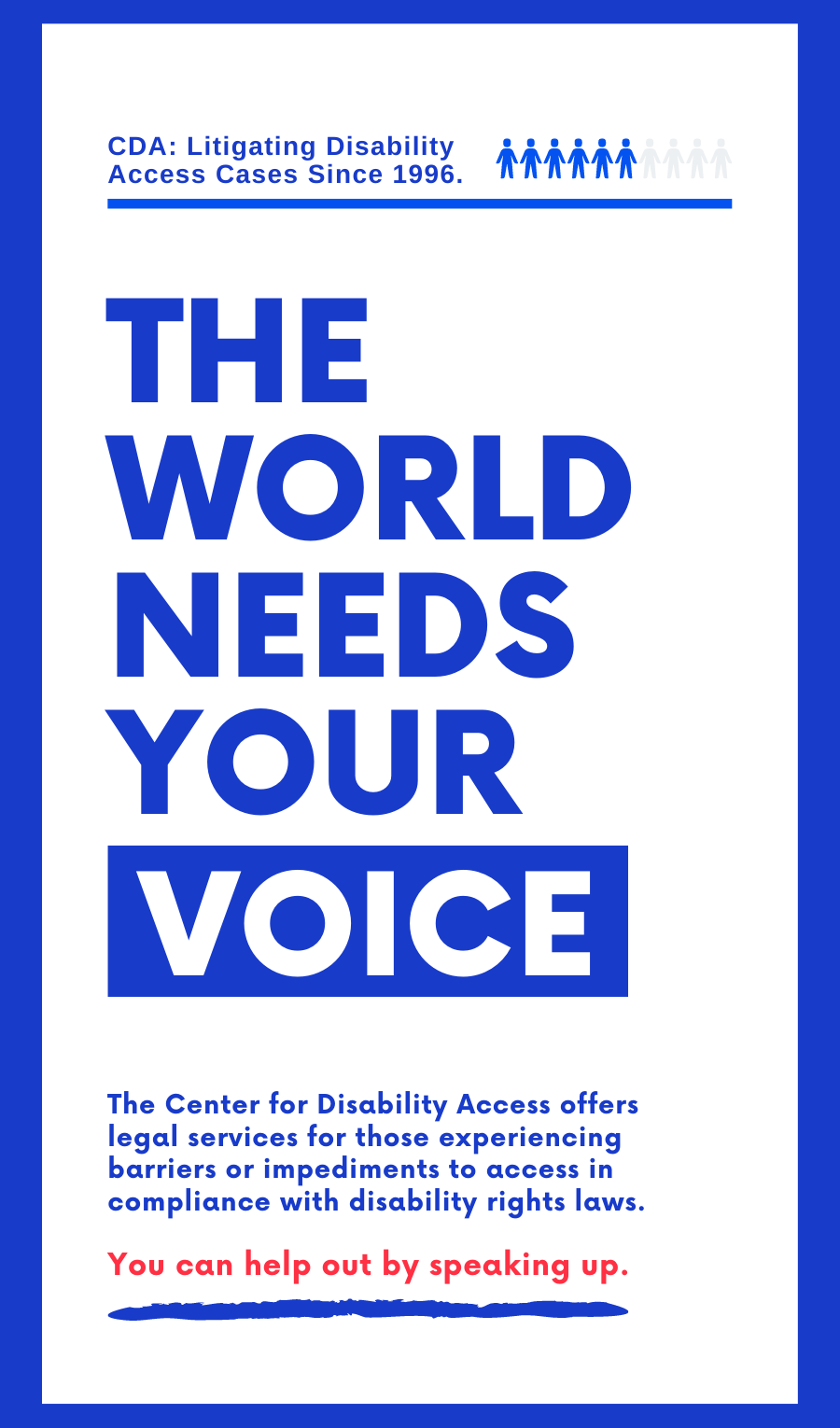Employers are required to provide reasonable accommodation to disabled employees, unless doing so would result in undue hardship. Employees who are discriminated against based on their disability can file a lawsuit against their employer for damages.
The Americans with Disabilities Act (ADA) prohibits discrimination against qualified individuals with disabilities in all aspects of employment. This includes hiring, firing, pay, job assignments, promotions, lay-offs, training, and benefits.
- An employer cannot refuse to hire someone because he or she has a disability.
- An employer cannot fire someone because he or she has a disability.
- An employer cannot refuse to pay someone because he or she has a disability.
- An employer cannot refuse to give someone a job assignment because he or she has a disability.
- An employer cannot refuse to promote someone because he or she has a disability.
- An employer cannot refuse to give someone training because he or she has a disability.
- An employer cannot refuse to give someone benefits because he or she has a disability.
However, an employer can refuse to provide a reasonable accommodation to a disabled employee if doing so would result in undue hardship. Undue hardship is defined as an action that costs the employer more than the law allows, interferes with the ability of other employees to perform their jobs, or results in significant difficulty or expense for the employer.
If you believe that you have been discriminated against based on your disability, you can file a lawsuit against your employer for damages. Damages can include lost wages, emotional distress, and punitive damages.




